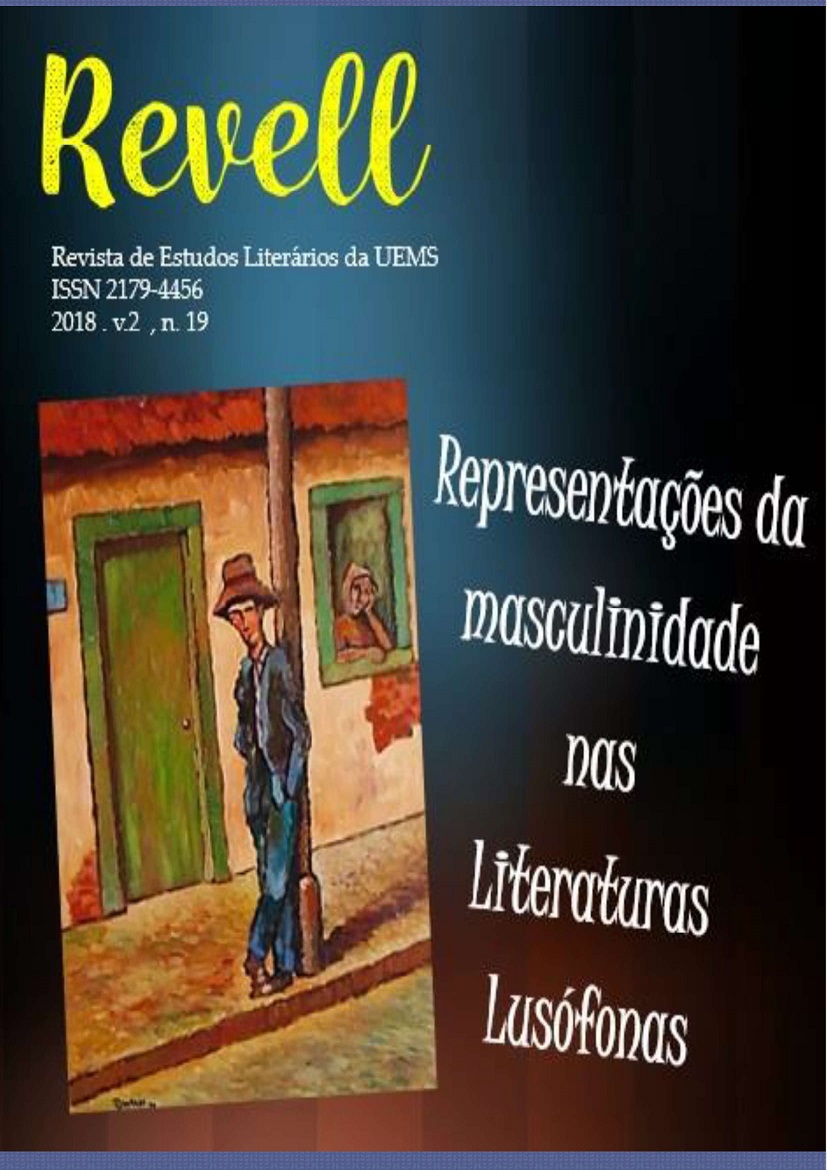Anti-Nostalgia e a Masculinidade Tóxica na obra de Michel Laub e Luiz Ruffato
Visualizações: 783Palavras-chave:
masculinidade tóxica, Michel Laub, Luiz RuffatoResumo
This paper examines expressions of male heterosexual identity present in Michel Laub’s O diário da queda and Luiz Ruffato’s Inferno Provisório. Heterosexual masculinity is nearly always oriented towards the past (unlike feminism, which is nearly always oriented towards the future), and Michel Laub and Luiz Ruffato both reveal a keen sensitivity to masculinity’s backward-looking orientation by exploring contemporary masculinity’s toxic manifestations: male violence and aggression, male fears of feeling or expressing emotion, male fears of emasculation, male detachments from committed relationships, etc. In so doing, these authors challenge typical narratives of masculinity that idealize the past. Instead, these authors present past-oriented narratives that are essentially anti-nostalgic. In doing so, both Laub and Ruffato adopt the strategies of feminism in working to turn masculinity’s orientation towards the future.
Referências
Barker, Gary, and Irene Loewenstein. “Where the Boys Are Attitudes Related to Masculinity, Fatherhood, and Violence Toward Women among Low-Income Adolescent and Young Adult Males in Rio de Janeiro, Brazil.” Youth & Society 29.2 (1997): 166–196. yas.sagepub.com. Web. 30 July 2014.
Easton, Scott. “Masculine norms, disclosure, and childhood adversities predit long-term mental distress among men with histories of child sexual abuse.” Child abuse & neglect vol. 38, 2014, 243–51.
Gardiner, Judith Kegan. Masculinity Studies and Feminist Theory: New Directions. New York City: Columbia University Press, 2002.
Halberstam, Judith. Female Masculinity. Durham: Duke University Press, 1998.
Laub, Michel. Diário da queda. Companhia das Letras: São Paulo, 2011.
Lucas, Fábio. “Aspectos da ficção brasileira contemporânea.” Revista Letras, 1972, 214–31.
Ruffato, Luiz. Inferno provisório. Companhia das Letras: São Paulo, 2016.
Schøllhammer, Karl Erik. Ficção brasileira contemporânea. Civilização Brasileira, Rio de Janeiro, 2009.
Valente, Luiz Fernando. “Machado’s Wounded Males.” Hispania 84.1 (2001): 11–19. JSTOR. Web. 30 July 2014.
Downloads
Publicado
Como Citar
Edição
Seção
Licença
DECLARAÇÃO DE ORIGINALIDADE E EXCLUSIVIDADE E CESSÃO DE DIREITOS AUTORAIS
Declaro que o presente artigo é original e não foi submetido à publicação em qualquer outro periódico nacional ou internacional, quer seja em parte ou na íntegra. Declaro, ainda, que após publicado pela REVELL, ele jamais será submetido a outro periódico. Também tenho ciência que a submissão dos originais à REVELL - Revista de Estudos Literários da UEMS implica transferência dos direitos autorais da publicação digital. A não observância desse compromisso submeterá o infrator a sanções e penas previstas na Lei de Proteção de Direitos Autorais (nº 9610, de 19/02/98).


















